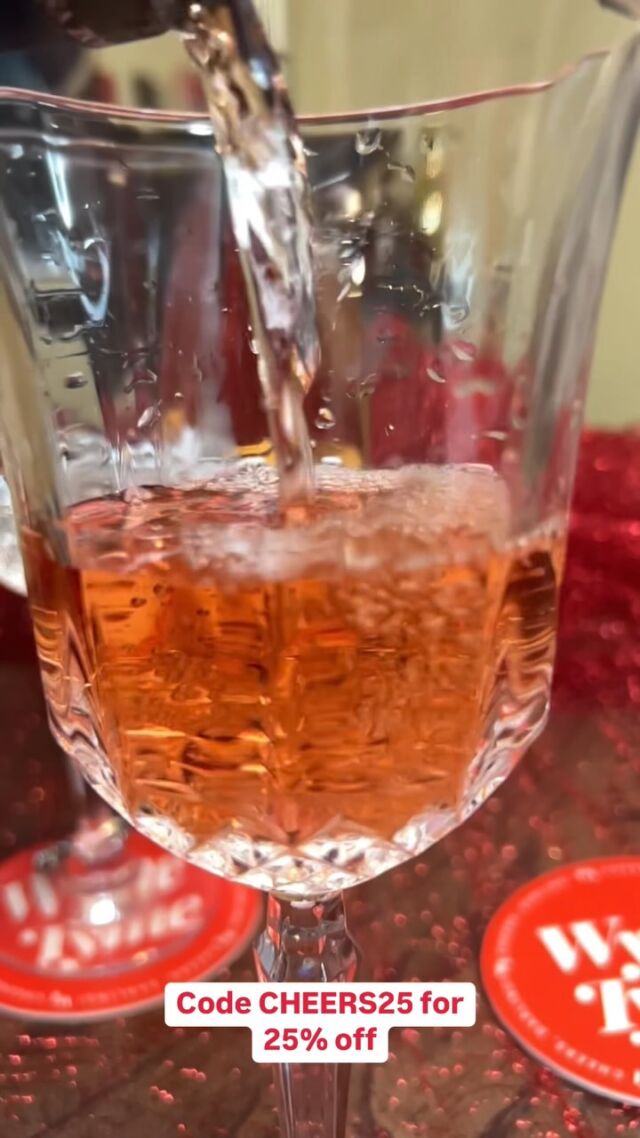 There’s so much misinformation out there about drinking water that it’s hard to know what’s true and what isn’t. Well, you’re in luck. We’re here to separate fact from fiction. Let’s take a look at four myths about drinking water.
There’s so much misinformation out there about drinking water that it’s hard to know what’s true and what isn’t. Well, you’re in luck. We’re here to separate fact from fiction. Let’s take a look at four myths about drinking water.
Myth #1: Bottled Water Is Healthier Than Tap or Well Water
It’s a common misconception that bottled water is healthier than tap or well water. There are only two scenarios where this is true:
- Contamination: If you live in a region with tap water that’s known to be contaminated, it’s best to opt for bottled water.
- Hard water: If you have well water, there’s a chance that you may have hard water. It’s important to have it tested before consumption. If you do have hard water, this problem can easily be fixed by installing filtering systems, which are offered by water softener companies.
In most cases, tap water is just as healthy as bottled water — and in many blind taste tests, people have reported that it tastes better, too.
Unlike tap water, bottled water also doesn’t typically contain adequate amounts of fluoride, which is important for oral health. (It’s worth noting that well water also doesn’t contain fluoride).
Need another good reason to drink tap water? It’s far less expensive and better for the environment than bottled water.
Myth #2: Everyone Should Drink Eight Glasses of Water a Day
Many of us have been told throughout our lifetimes that we should drink eight 8 oz. glasses of water a day. Although this might seem like reasonable medical advice, it’s just another water myth.
The amount of water we require depends on numerous factors, including our weight, how active we are, and our diets. Some of us may need less than eight glasses of water a day, while others may require more.
It’s also important to remember that we get hydration from food, too. Certain fruits and vegetables are good water sources, and so are soups and other liquid-based foods. Tea and coffee also count towards our hydration goals, even though they contain caffeine.
Myth #3: Drinking More Water Makes You Lose Weight
Many people claim that drinking water can lead to weight loss, but these claims simply aren’t backed by research. One small study showed that water drinks burnt a few extra calories — certainly nothing to write home about. There is a catch, however. Although drinking water isn’t the magical weight loss weapon some have been led to believe it is, some of us do tend to mistake thirst for hunger. Drinking water when these cravings strike may help us prevent overeating.
That being said, a well-balanced diet and exercise to create a calorie deficit is the only science-proven way to lose weight.
Myth #4: It’s Impossible to Drink Too Much Water
Contrary to popular belief, you can drink too much water. If you drink too much water in a short time span, your kidneys can have a difficult time filtering the excess water, which causes the sodium content in your blood to become diluted. This condition is known as hyponatremia, and it can be life-threatening in some cases.
Most healthy adults won’t experience this condition. It’s a more common occurrence among athletes trying to prevent dehydration. People with certain health conditions, including kidney failure, heart failure, and Addison’s disease, are more prone to hyponatremia.
Signs of hyponatremia include nausea, vomiting, muscle spasms, cramping, fatigue or tiredness, and discoloration of the hands, feet, and lips. If you experience these signs, along with clear urine and frequent trips to the bathroom, get to an ER immediately.
These are just four myths about drinking water. It’s important to know the facts so you can make the best decisions for your hydration. Drink up!






